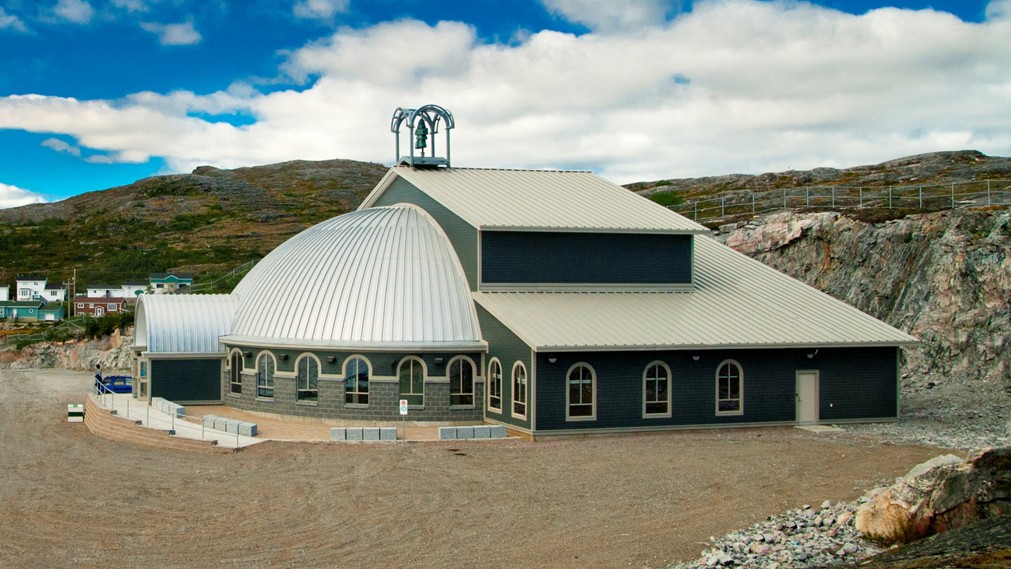Inuit gov. in Labrador, Canada tells out-of-province travellers to stay away despite ‘Atlantic bubble’

The government of Nunatsiavut, the Inuit region of the Atlantic Canadian province of Newfoundland and Labrador, is asking out-of-province travellers to refrain from travelling their region even though the Atlantic region as a whole lifted the ban on interprovincial travel July 3.
The premiers of Canada’s four Atlantic provinces: Newfoundland and Labrador, New Brunswick, Nova Scotia and Prince Edward Island, lifted the ban Friday after getting COVID-19 numbers largely under control.
There are currently no active cases being reported in Newfoundland and Labrador, New Brunswick or Prince Edward Island. There are three active reported cases in Nova Scotia.
Concerns remain on travel into Inuit communities
However, despite this, the government of Nunatsiavut says it still needs to be vigilant.

As of Friday, Nunatsiavut will no longer ask travellers from the Atlantic provinces to self-isolate for 14 days when they arrive in the region, but it said it still wanted to discourage all non-essential travel to the Labrador Inuit Settlement Area from out-of-province until further notice.
“While it is promising to see the formation of the so-called ‘Atlantic bubble’, we still have some concerns with the movement of people into our communities as we continue to navigate our way through this COVID-19 pandemic,” said Nunatsiavut First Minister Tyler Edmunds in a news release.
The Nunatsiavut government continues to ask travellers to their region to self-monitor for symptoms, as well as to respect public health directives like physical distancing, hand washing and wearing masks.
Nunatsiavut’s population of 2,560 is spread out between five communities along the Atlantic coast: Nain, Hopedale, Makkovik, Postville and Rigolet.
Write to Eilís Quinn at eilis.quinn(at)cbc.ca
Related stories from around the North:
Canada: Inuit in Canada’s federal penitentiaries overrepresented when it comes to COVID-19, Eye on the Arctic
Finland: Finland joins other Nordic countries in virtual tourism due to pandemic, Yle News
Iceland: Iceland lowers price of on-arrival COVID-19 testing, Eye on the Arctic
Norway: Norwegian Arctic wilderness tourism hit particularly hard by coronavirus, The Independent Barents Observer
Russia: All Russia’s North Pole cruises rescheduled to 2021, Eye on the Arctic
Sweden: Sweden seen as major source of COVID-19 in Western Finland region, Yle News
United States: Airline shutdown creates new challenges for rural Alaska, The Associated Press



